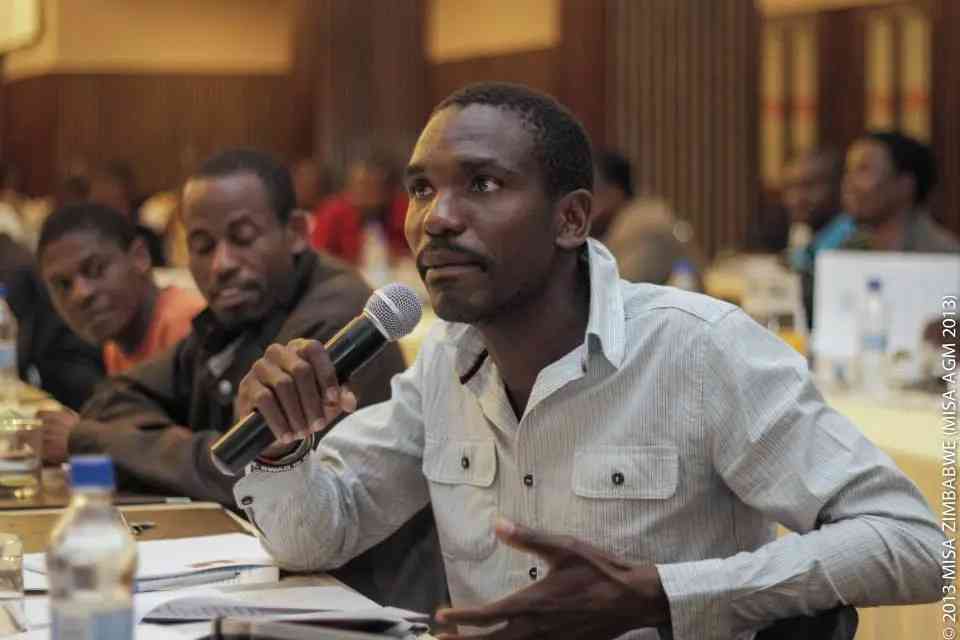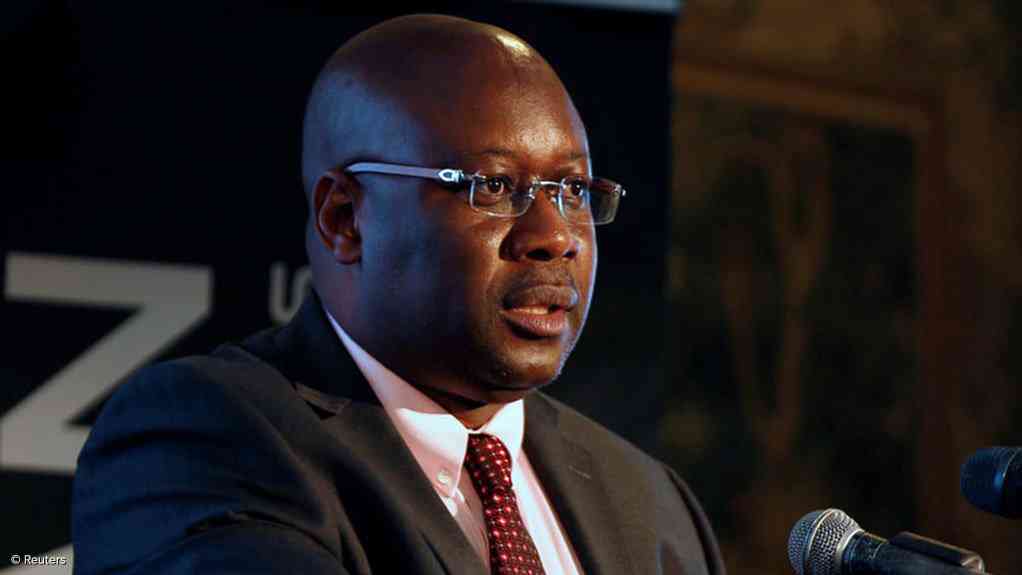
VICTORIA Falls Stock Exchange-listed financial services firm, First Capital Bank (FCB), says it is scouring offshore markets for funding to unlock financial support for critical sectors of the economy.
Speaking to the Zimbabwe Independent ahead of last night’s Banks and Banking Survey and Awards ceremony, Tapera Mushoriwa, FCB chief executive officer, said sustainable banking was also important.
“With our lens of sustainable finance growth, we are looking at unlocking value by tapping into new markets and extending our services to the existing clientele,” Mushoriwa said.
“Currently, we are rolling out a unique sole trader account and various US dollar savings accounts that will provide much needed support to our market.
“Being a relevant financial partner, we will continue to provide funding through our strategic partnerships with offshore funders. Our support of the critical sectors of the economy will see us participate in significant transactions that will position our economy for growth.
“Sustainable banking is increasingly important in Zimbabwe. Rapid changes in the operating environment in Zimbabwe require constant review of safeguards on ethics and corporate governance standards.”
The survey and awards ceremony is held annually by the Independent in partnership with FCB.
This year’s survey ran under the theme “Achieving Economic Growth through Sustainable Finance”.
- Is Zimbabwe ready for green building standards?
- Is Zimbabwe ready for green building standards?
- What’s driving the push for renewable energy?
- What’s driving the push for renewable energy?
Keep Reading
Sustainability consultant Tawanda Muzamwese said last night financial institutions were practicing greenwashing, a situation where organisations lie about their sustainability performance to stakeholders.
They do this in order to be perceived as environmentally and socially conscious.
“There is a proliferating undesirable practice amongst financial institutions and other organisations at large — which is the practice of greenwashing,” Muzamwese said. “This practice of greenwashing must come to an end.”
He recommended the central bank to continue providing leadership in the banking sector and to develop mechanisms to prevent greenwashing and fraudulent environmental social and corporate governance (ESG) claims.
“The central bank is recommended to consider setting requirements for the independent assurance of sustainability information produced by banks in Zimbabwe,” Muzamwese said. “If we need to attract foreign direct investment into Zimbabwe, implementing ESG could be one of the strategic moves to attract financing.
“A couple of banks in Zimbabwe are making headway with international green financing opportunities, such as green climate fund, adaptation fund and other climate investment funds.”
According to Muzamwese, the benefits of implementing ESG for financial institutions included better relations with regulators, cost savings on resource costs, improved corporate image, access to international investors and access to stock markets.
“The train has already departed. Lagging behind as a financial institution is dangerous. The cost of doing nothing is greater than the cost of acting on ESG. It is now or never. Action must be now and not tomorrow. For we do not have time to waste,” he said.
Kenias Mafukidze, group chief executive officer at Alpha Media Holdings, publishers of the NewsDay, The Standard, Herat & Soul TV and Independent, said: “This year’s event comes when we are left with seven years to our 2030 vision of attaining an upper middle-income economy.
“In order for Zimbabwe to achieve vision 2030 there is need for banks to play a key role in allocating finances for the functioning of the economy.
“A sustained economic growth will require investment into technology and innovation, power and energy, education and health among other key economic clusters.
“As a result, banks contribute to channeling private investment towards the transition to a climate-neutral, climate-resilient, resource efficient and fair economy.”










